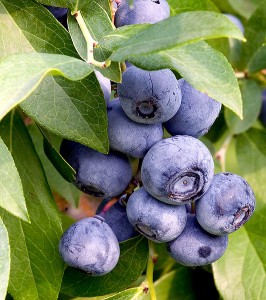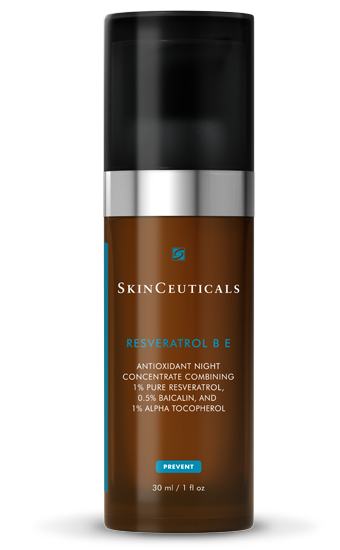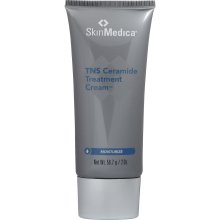The recognition that what we consume often will shape our future health and how well we age has led to a broad interest in adding so-called “superfoods” to our daily dietary intake. The key components of a superfood regimen will include unprocessed foods that provide fiber, antioxidants, and omega-3 fatty acids.
Weight management can be greatly aided by the consumption of high fiber foods such as beans and whole grains that make you feel fuller. They also help in the maintenance of lower levels of cholesterol and blood sugar.

Omega 3 fatty acids are found in fish such as salmon, sardines, and mackerel. They can decrease your risk of heart disease, improve arthritis, and may help with memory loss. Regular consumption of fish with high amounts of omega 3 fatty acids may also help you to achieve a lower cholesterol level since they are rich in mono saturated fats. Supplementing your diet with chia seeds will provide you with abundant antioxidants, vitamins, minerals, fiber, and omega 3 levels equivalent to that found in wild salmon.
Tags: anti-aging, healthy eating habits, Nutrition
Written by Dr. Forley on February 24, 2014




